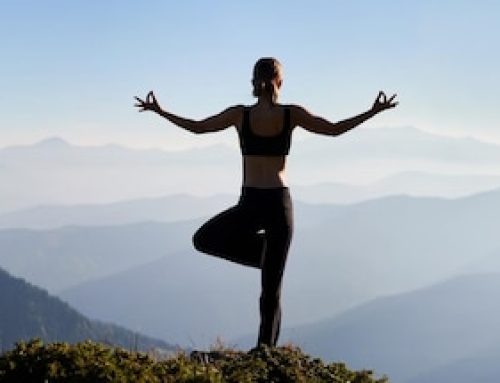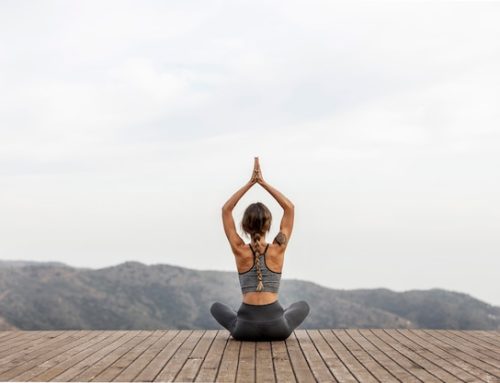The Truth Behind Why Yogis Don’t Drink Coffee
Yoga is more than just a physical exercise; it’s a way of life. This ancient practice has gained worldwide popularity and has become an integral part of modern-day fitness routines. Although yoga is not just about physical wellness, it focuses on holistic wellbeing encompassing mental, emotional, and spiritual aspects. Yogis prioritize balance in their lives, and they follow several principles to achieve that balance. One of the most questioned practices of yogis is why they don’t drink coffee. In this blog post, we will discuss the truth behind this concept.
Caffeine and Yoga
Most people start their day with a cup of coffee. The caffeine in coffee helps keep you alert and energized throughout the day. However, yogis believe in starting their day on a natural and healthy note. They avoid caffeinated drinks, including coffee, tea, and energy drinks. The reason behind this is that caffeine can increase the heart rate and disrupt the body’s natural rhythm. The caffeine in coffee can cause restlessness, nervousness, and can also increase stress levels. Yoga emphasizes a calm and relaxed mind, and caffeine intake does not align with this principle.
The Importance of Sattvic Diet
According to yoga philosophy, food is categorized into three types – Sattvic, Rajasic, and Tamasic. Sattvic foods are pure, light, and easy to digest, and they include fruits, vegetables, and whole grains. Rajasic foods are spicy, hot, and stimulating and include caffeine, alcohol, and meats. Tamasic foods are heavy and hard to digest and include processed and refined foods. Yogis prioritize a Sattvic diet as it promotes mental clarity and physical strength. While coffee falls under the Rajasic category, it is also considered acidic and dehydrating, which affects the body’s metabolism and digestion.
Yoga and Prana
Prana is the vital energy that flows through the body and is responsible for overall wellbeing. Yoga aims to improve the flow of prana throughout the body, and caffeine intake can interfere with that flow. Yogis believe that coffee can take away the natural energy and dull the senses. It also disrupts the natural pranic energy flow by raising the heart rate and blood pressure. Yogis aim to preserve and maintain their prana as it has a significant impact on their physical and mental wellbeing.
The Benefits of Herbal Tea
While yogis avoid caffeinated drinks, they do indulge in herbal teas. Herbal teas are caffeine-free and are made from natural ingredients like chamomile, peppermint, and ginger. These teas have numerous health benefits and promote relaxation, calmness, and wellbeing. They also help improve digestion and boost immunity. Yogis often indulge in herbal teas as it aligns with their principles of a Sattvic diet and helps promote overall wellness.
The Aim of Yoga
Yoga aims to create a balance between the mind, body, and spirit, and this balance extends to all aspects of life. Yogis believe in living a holistic and balanced life, and caffeine intake disrupts that balance. The aim of yoga is to cultivate inner peace and contentment, and yogis follow a healthy and natural lifestyle to achieve this goal. A balanced lifestyle includes a healthy diet, regular physical activity, and a peaceful mind. Yogis avoid caffeine as it is not in line with their aim of a balanced and holistic life.
Conclusion
In conclusion, yogis avoid coffee and other caffeinated drinks as they believe in a holistic and natural way of life. Coffee and caffeine negatively impact the body’s natural rhythm, pranic energy flow, and can cause restlessness and nervousness. Yogis follow a Sattvic diet, which promotes mental clarity and physical strength, and indulging in herbal teas aligns with their principles. The aim of yoga is to promote a balanced and peaceful life, and caffeine intake does not fit into that lifestyle. If you are a coffee lover and practice yoga, it is better to limit your coffee intake and prioritize a healthy and natural lifestyle.






